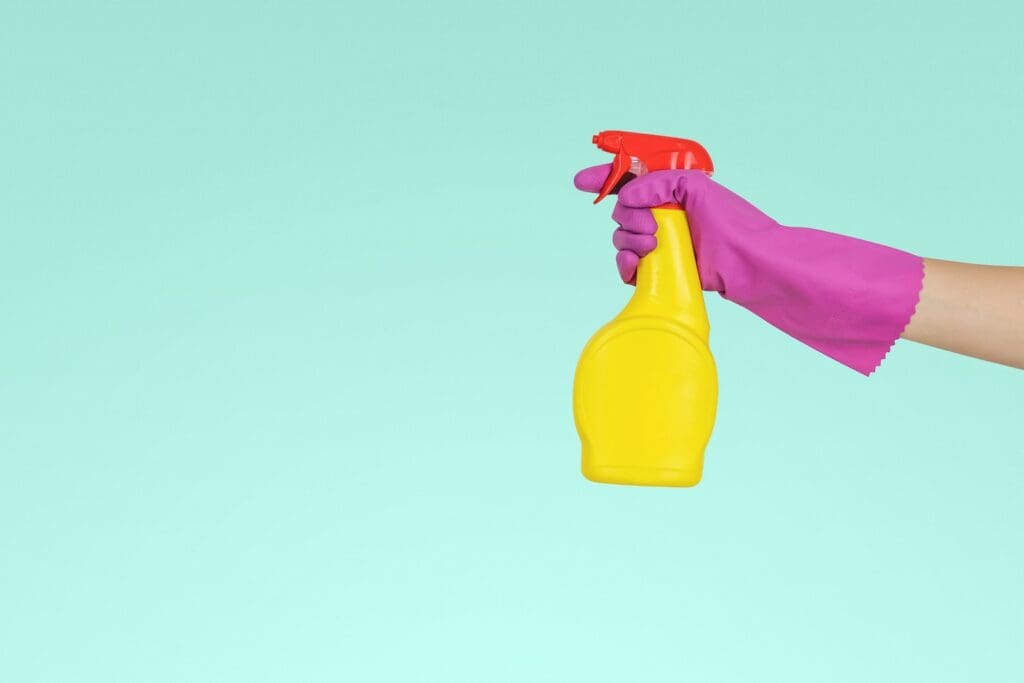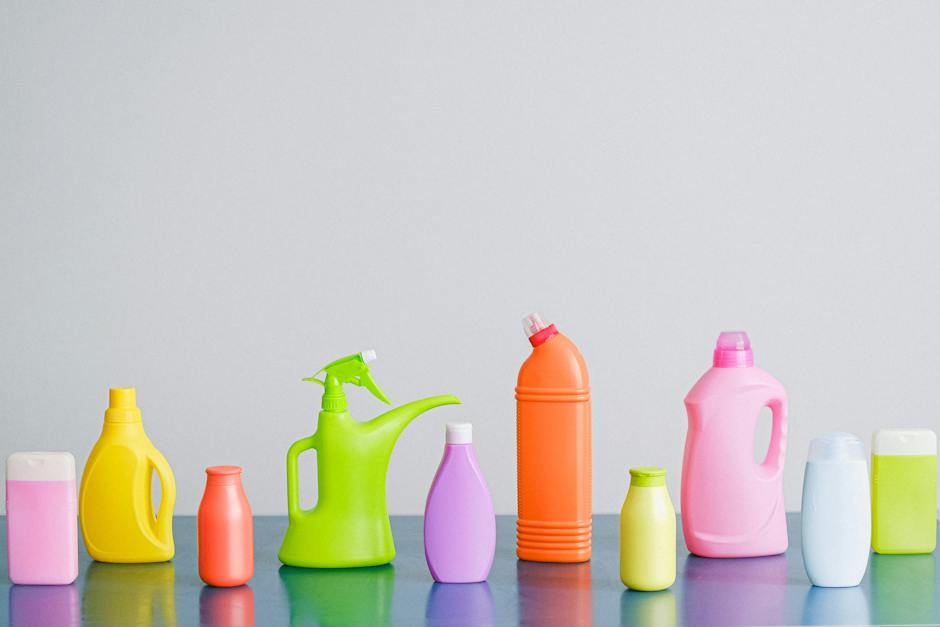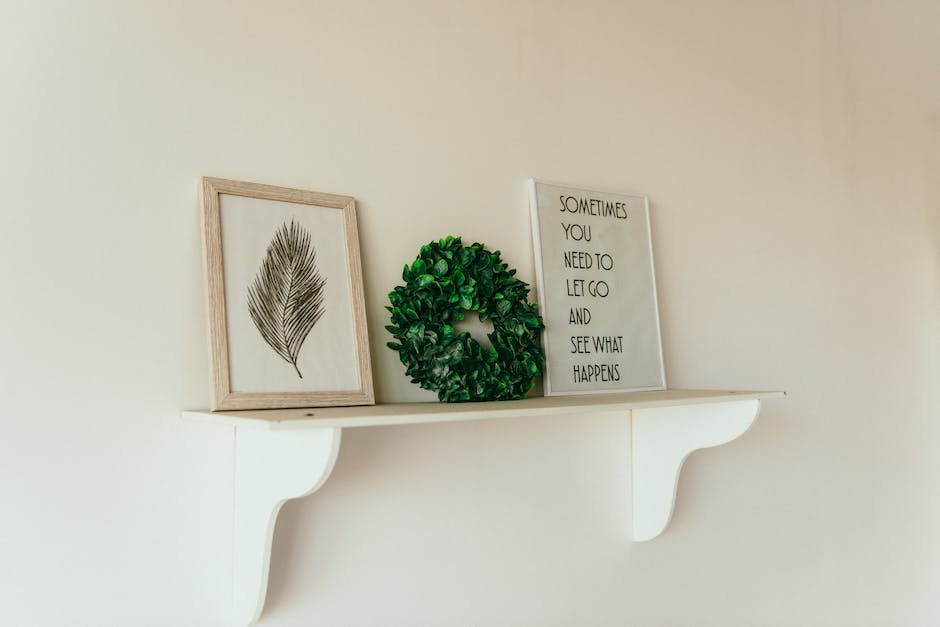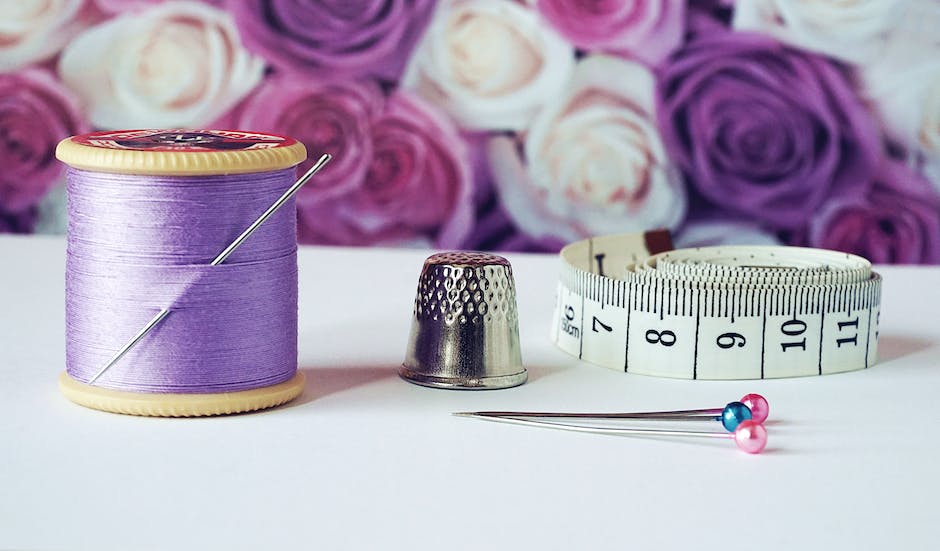Embrace the DIY Can-Do Attitude
Ever thought about how much impact you can make by switching to DIY household products? It’s about more than just saving your budget; it’s about taking control.
You see, making your own household items has benefits that reach beyond financial savings. Coupling convenience with sustainability, it’s an approach that isn’t just about doing it yourself, but bettering yourself along the way.
Read on to discover the amazing benefits of DIY household products and cleaners, the potential savings involved, and just how effective these homemade alternatives can be.
Plus, you’ll even find some simple recipes to get you started.
Let’s wipe this window.

Save Money with DIY Household Products and Cleaners
The Benefits of DIY Household Products
Making your own household products and cleaners offers a myriad of benefits. Let’s take a closer look at some of them:
1. Cost Savings
One of the most significant reasons to venture into the world of DIY household products is the potential for cost savings.
When compared to store-bought alternatives, homemade cleaners can be incredibly budget-friendly. With just a few basic ingredients, such as vinegar, baking soda, and lemon, you can make effective and affordable cleaning solutions that will rival any high-priced brand.
2. Control over Ingredients
By making your own DIY household products, you have complete control over the ingredients used.
This is particularly important if you have sensitivities, allergies, or prefer to avoid certain chemicals commonly found in commercial cleaning products. With DIY options, you can create cleaners that are safe, natural, and tailored to your specific needs.
3. Environmental Friendliness
Most store-bought household products contain a variety of chemicals that are harmful to both the environment and your health.
By opting for DIY alternatives, you can minimize your impact on the environment. Homemade cleaners often use non-toxic ingredients, produce less waste, and reduce plastic packaging waste.
4. Versatility and Customization
DIY household products offer versatility and allow you to customize your cleaning solutions based on your preferences and needs.
You can experiment with different scents, strengths, and formulations, allowing you to find the perfect solution for each cleaning task.
DIY Recipes for Household Products and Cleaners
Now that we understand the benefits, let’s dive into some simple and effective DIY household cleaner recipes:
1. All-Purpose Cleaner
– Ingredients:
- 1 cup white vinegar
- 1 cup water
- 10-15 drops of essential oil (optional for fragrance)
Instructions: Mix all ingredients in a spray bottle. Shake well before use. Use on countertops, glass surfaces, and other non-porous surfaces for an effective and natural clean.
2. Homemade Laundry Detergent
– Ingredients:
- 1 cup borax
- 1 cup washing soda
- 1 bar grated castile soap
Instructions: Mix all ingredients thoroughly. Use 1-2 tablespoons per load of laundry. Store in an airtight container.
3. Citrus Vinegar Cleaner
– Ingredients:
- Peels from citrus fruits (e.g., lemons, oranges, or grapefruits)
- White vinegar
Instructions: Place the citrus peels in a jar and cover them with white vinegar. Let it sit for a few weeks to infuse. Strain the liquid and use it as a multipurpose cleaner.

Discover the Potential Savings of Crafting Your Own Household Products
Big Picture Savings: An Overview
Firstly, let’s perform a quick-start exploration with the hypothetical case. Consider this; the average household tends to spend somewhere between $600 to $800 annually on conventional cleaning supplies (Bureau of Labor Statistics, 2020). A
ssuming you’re veering to the high end of this bracket, how much could you spear back if you took the DIY route?
Monthly and Yearly Savings
To simplify the complex issue of potential savings, let’s break the problem down into an accessible example. Assume the monthly cost of store-bought cleaners is $70.
Extend that over a year, and your potential savings reveal themselves as quite significant. But, before you make that leap into DIY Territory, let’s quickly understand what you’ll face in terms of upfront costs.
Upfront Costs: A Short-Term Hurdle
Produce your household cleaners, an initial investment in resources, tools, and ingredients forms part and parcel of the package.
Depending on how in-depth you want to go with your DIY journey, this could be anything from $50 to $150. Don’t let this setback dismay you, as these costs will generally offset themselves in the long run (U.S News, 2018).
Your DIY Potential Savings Unveiled
Keeping in mind the expense for store cleaners, homemade alternatives, and those initial upfront hurdles, just how much could you save?
Well, if your initial start-up cost for materials, including containers, spray bottles and utensils, was a cool $100, and your ongoing monthly DIY cleaning cost was $25, your first year could look something like $440 in just a year! 
Can DIY Cleaners Hold Their Own Against Store-Bought Alternatives?
The Heart of the Issue
Now, there’s a question many of us have probably asked ourselves: “Can a DIY cleaner actually be as effective as buying a product off the shelf?”
The answer is, in many cases, a strong yes. Does that surprise you? If so, let’s break it down.
Understanding the Ingredients
The first key to understanding this is knowing what’s in your cleaners. Both store-bought and DIY options rely largely on the same principles and ingredients. So, what are they?
The Power Behind the Cleaning: Acid and Base
- Acids: ingredients like vinegar or lemon juice
- Bases: components such as baking soda or ammonia
These ingredients help break down grime, grease, and other dirt, whether they’ve been mixed in a factory or your kitchen.
Scrutinizing Store-Bought Cleaners
So, what’s in that store-bought cleaner? Generally, it’s a combination of those basic ingredient clusters, along with fragrances, colorants, and preservatives.source
Studies Supporting DIY Cleaners
Interestingly enough, there have been multiple studies that tested DIY cleaners against their store-bought counterparts. What was the result?
DIY Cleaners Perform Competitively
In a study published in the journal PLOS ONE, a DIY cleaner (mostly composed of vinegar and baking soda) was tested against a common store-bought product. The DIY cleaner came out on top in terms of overall efficiency and cleaning power.
Efficacy Is Not The Only Factor
Of course, effectiveness is a large piece of the puzzle, but it isn’t everything. After all, a cleaner is only helpful if it’s used.
The Role of Convenience
Store-bought cleaners are definitely convenient. They check a lot of boxes: they’re ready to use, they often smell great thanks to added fragrances, and they come in specific formulas for specific taskssource.
Customization and Adaptability of DIY Cleaners
On the flip side, when you make your own cleaners, you get the chance to custom tailor solutions to your space and your cleaning challenges.
Also, DIY cleaners give you the chance to control the ingredients, ensuring that what you’re using in your home aligns with your personal standards of safety and environmental consciousness.source 
A Homemade Revolution: Everything You Need For Your DIY Home Solutions
The Basics: A Peek Inside the DIY Toolkit
So what do you really need to master the art of home manufacturing? Let’s break it down.
Multipurpose Tools
Just like in any craft, having the right set of tools can make the process all the more seamless. Some common items include:
- Measuring cups and spoons: To ensure ingredient accuracy for concoctions.
- Spray bottles: Ideal for easy storage and application of cleaning solutions.
- Complete Mason jar set: Great for storing all sorts of homemade products.
It’s not just about the tools though. Having the correct safety equipment is just as vital. Always remember to have gloves and goggles to protect against potential irritants 1.
Store-Bought Alternatives: The Shortcuts to DIY
Sometimes, buying a prepackaged product and just adding a personal twist is the way to go.
- Unscented soaps: Add some essential oils or herbs and you’ve got your personalized soap!
- Plain candles: Use natural coloring to make them your own.
Building with Basics
Here’s the surprising part: most DIY house solutions are made from basic items already sitting in your pantry! Vinegar, baking soda, and essential oils are all common constituents you’ll find in DIY recipes 2!
Vinegar: More Than Just a Flavoring Agent
Thought vinegar was just for salads? Think again! This pantry staple has a multitude of uses around the home due to its acetic acid content 3.
Efficacy of your Essential Oils
From adding a sensory delight to acting as a natural antimicrobial, essential oils are your best bet at customizing your homemade goods 4.
Where to Start?
Embarking on your DIY journey can feel intimidating, but remember, each step you take is a stride towards a greener, more sustainable lifestyle. Who knew everyday pantry items could double up as efficient alternatives for a range of household needs? Now don’t just stand around, let’s get crafting! 
A Revolution in Homemaking: Embracing the DIY Approach
When it comes to maintaining our homes, the DIY lifestyle has emerged as an exciting and beneficial alternative. It allows us to customize our products, save money, contribute to environmental wellness, and harness the power of common household items.
A Greener Planet Through DIY Cleaners
Interestingly, DIY cleaners could be the answer to reducing plastic waste and utilizing non-toxic substances. This approach promotes healthier surroundings for us and, most importantly, our planet.
Efficacy of DIY Cleaners
Often underestimated, the effectiveness of homemade cleaners has been attested by research studies. You’d be surprised at how a bit of understanding about basic compounds can empower us to create potent cleaning concoctions that beat commercial products.
Versatility and Convenience of DIY Cleaners
While convenience is indeed a factor, DIY is far from inconvenient. The versatility this approach offers enables us to mold our cleaning solutions to our specific needs leading to a neat, custom-tailored environment.
The World of DIY with Common Items
Something as simple as a toolkit and some pantry staples can open the doors to a DIY universe. Common items like vinegar, baking soda, and essential oils become our comrades in the quest for sustainable, effective cleaning solutions.
A Call to DIY Arms
Whether you’re hoping to save some pennies, reduce your eco-footprint, or maintain control over your cleaning regimen, adopting the DIY lifestyle can make a significant difference. It’s time we stepped into this greener, sustainable homemaking adventure, tools in hand.





